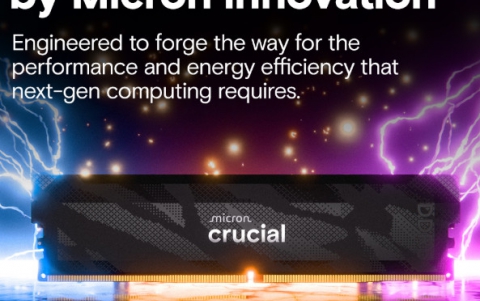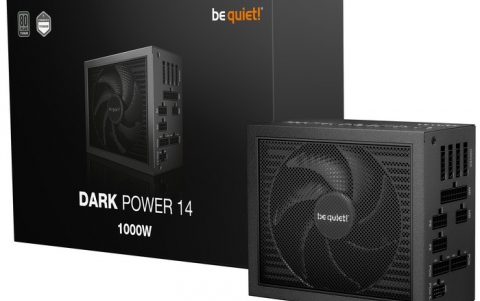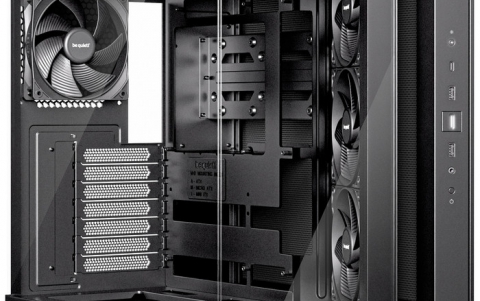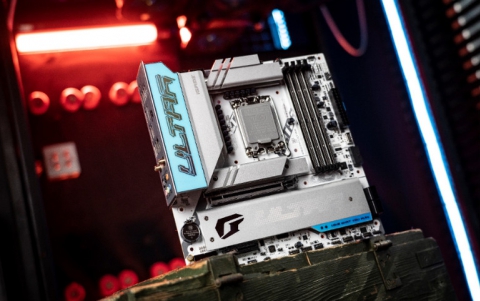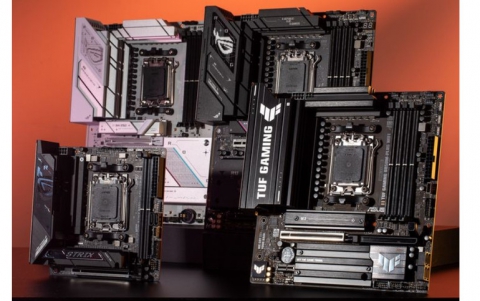EasyWrite
8. Conclusion
Philips Mt Rainier Rewritable Validation Suite - Page 8
Conclusion
As the test results showed, it's very easy to announce a feature but hard to make it work properly. The announce of Mt. Rainier format, made many users happy since packet writing wouldn't anymore need an external software solution, and data safety is present with build-in defect management.
So far, both features are not properly implemented.
In order to use Mt. Rainier, you still need an external software solution, while only one tested drive can manage defect discs without any issues. Although the most tested drives support the Mt. Rainier in theory, they cannot properly handle defect discs as it was supposed.
The only drive that passed all tests comes from Philips (RWDVD1610), which shouldn't surprise us since Philips is one of the original founders of the Mt. Rainier format.
The next drive that can work correctly with normal HS-RW media comes from TEAC, while Mitsumi, LiteOn and TDK drives need much improvement in firmware to work adequately. The ASUS drive was the one with the worst Mt. Rainier implementation, while the Yamaha drive didn't accept the test suite commands at all.
The importance of Mt. Rainier is high, since in one year from now, diskette is supposed to be replaced from Mt. Rainier enabled CD-RW drives. Mt. Rainier is planned to be supported by the DVD format and particularly by the DVD+RW consortium, however, no information is yet available from the DVD Forum about this subject.
As it currently stands, if your PC has been bulked with a Philips RWDVD1610 drive, you can save your valuable data under Mt. Rainier formatted discs, else you should wait. None of the other tested drives can handle defects, which means that even light scratches can produce the possible written discs un-readable… We plan to test all future Mt. Rainier enabled drives and possible firmware updates that will improve the current situation. After all what matters is our written data, don't you agree?

